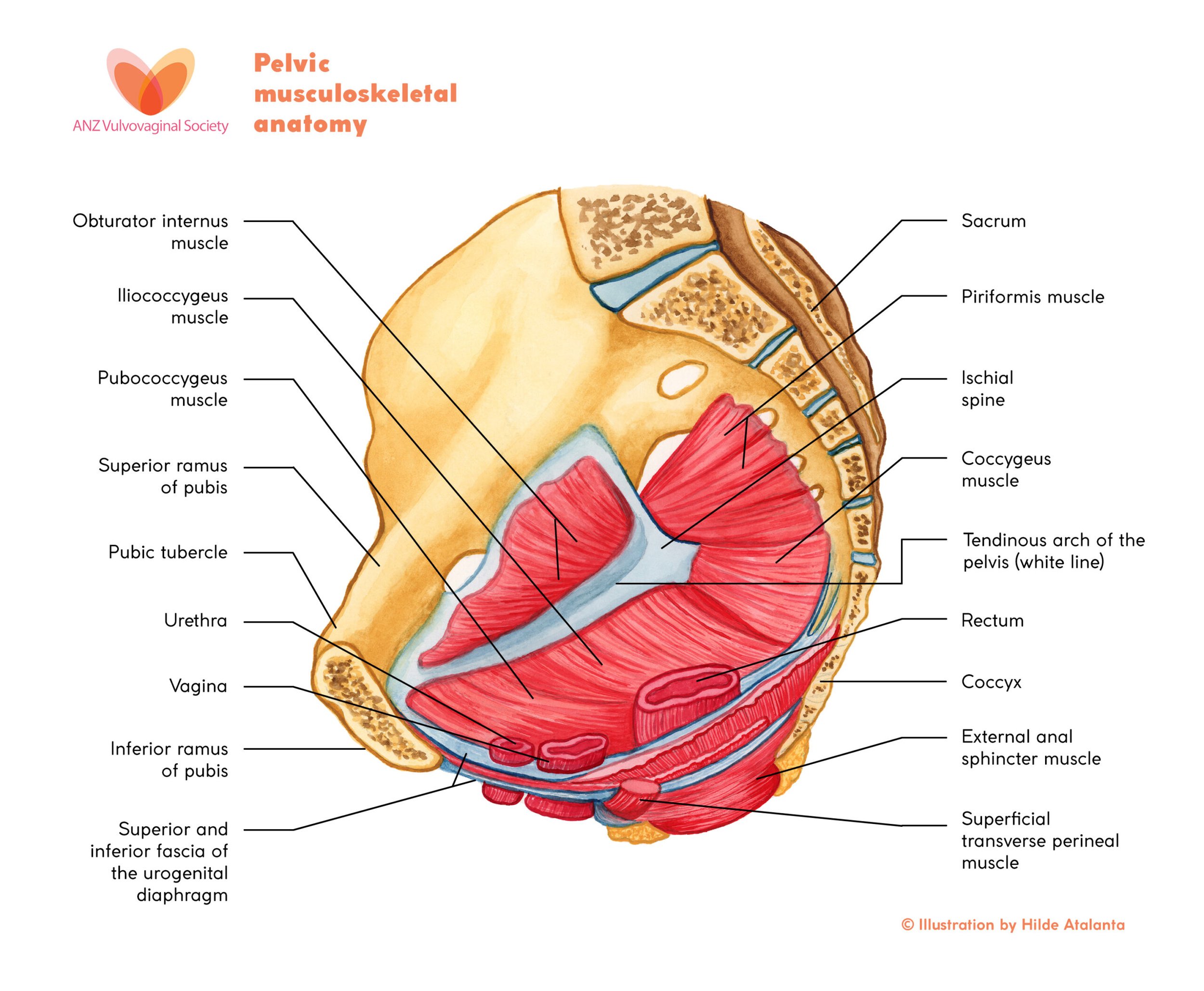Busting Pelvic Floor Myths
Pelvic Floor Health with Alana Devlin
Our pelvic floor muscles form a sling between our tailbone and our pubic bone. They keep us clean and dry by controlling the excretion of urine and feces, contracting to hold it in and relaxing to let it out. Not only that, these muscles are vital to supporting our pelvic organs, help our core muscles in maintaining stability, and are a part of our sexual function.
For all the hard work they do, our pelvic floor muscles are incredibly underappreciated and very few people know how important they are to our overall health.
So here are three pelvic floor myths, and our resident pelvic floor physiotherapist Alana Devlin to bust these misconceptions.
I don’t need to go to pelvic floor physiotherapy, that’s what kegels are for!
You know, studies show that just with verbal cueing, saying “I want you to pull your pelvic floor up and in,” most women cannot generate that muscle coordination. Unfortunately I can’t just film a video for this blog and show everybody, these are inside muscles! But if you visit a pelvic floor physiotherapist, we can check you out and make sure we’re doing these contractions correctly.
But it’s also so much more than kegels, I always joke that my job would be so easy if it was just kegels.
“I have no problems, I am tight”
So the misconception here is that a tight muscle is a strong muscle, it’s not! Tightness is a state of muscular dysfunction. Muscles need to be able to contract, but we also want that muscle to fully relax, we want a full range of motion. A tight muscle is a weak muscle, and that could be because of anything, you know maybe surgery, a vaginal delivery, multitudes of reasons.
“People don’t come to see me for a tight back or a tight neck, and we need to dispel the notion that our pelvic floor should be tight.”
A strong pelvic floor isn’t a priority, I don’t need to worry about it yet.
You know at any time we should be considering a strong pelvic floor.
For pregnancy, both before delievery and right after we should be going in and accessing the changes that came to our bodies during that process. During menopause as well, when those muscles are losing the estrogen that they are used to having so much of.
So many people come to consultations, and they regret not taking time to study their pelvic floor and show it care earlier. I would love to see people even just as a preventative measure.
“I think we rehab sprained ankles in this society more than we rehab pelvic floors””
It’s more important than ever to take charge of our health, including our pelvic floor health.
Book a consultation with our physiotherapists today!


